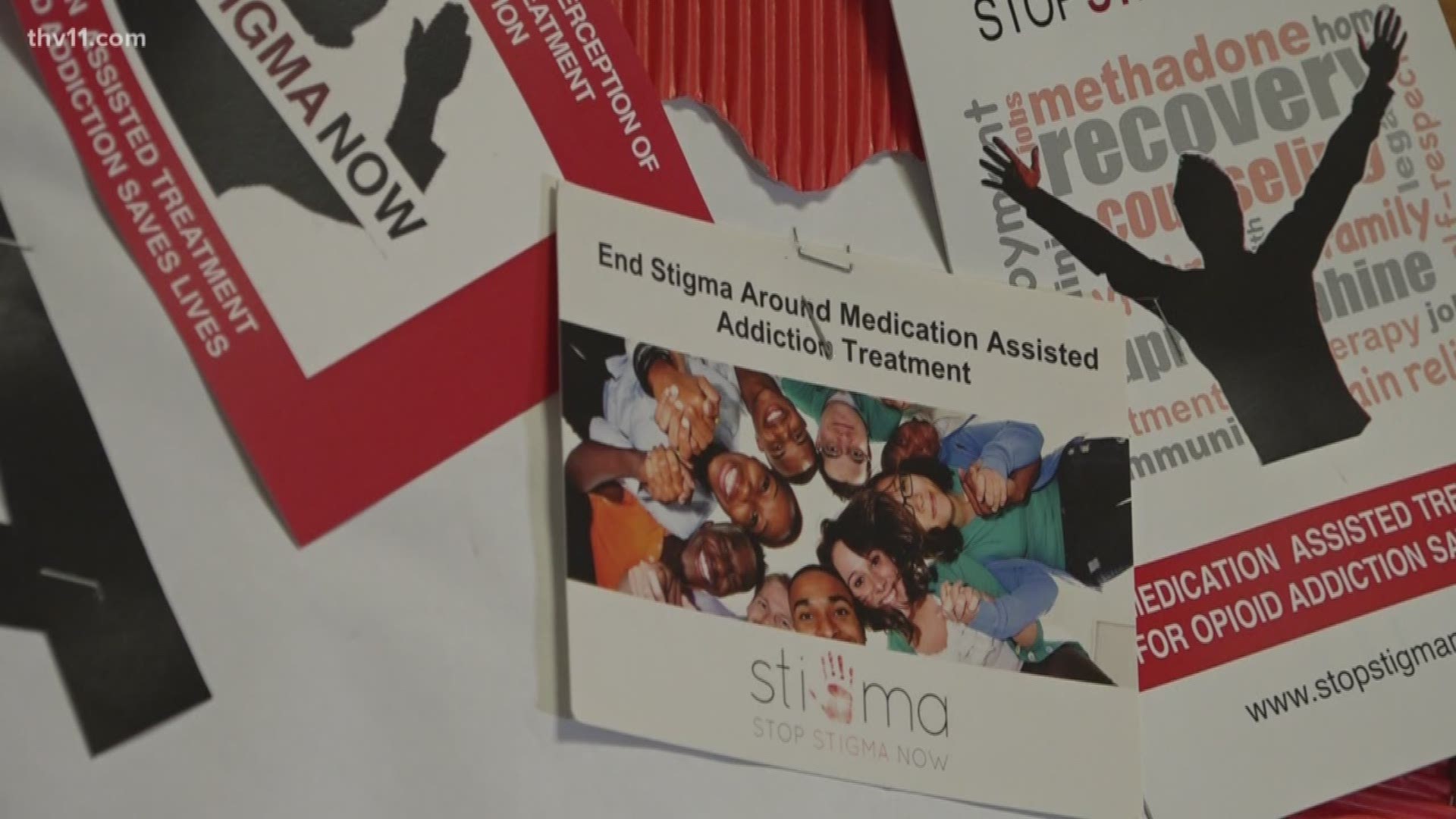LITTLE ROCK, Ark — From 12-step programs to inpatient rehab and outpatient treatment, there are several different types of recovery programs available for those battling a drug addiction. One program is taking a different approach, combining medication and therapy to treat the problem.
For nearly a decade, 53-year-old Randy Wood battled an opiate addiction.
“I was eating them like skittles,” Randy Wood said.
His drug abuse stemmed from a ski accident in the early 2000s. He began abusing his prescription medications and lived a life in and out of rehab.
“That medication took over a part of my life that I didn't know was possible to be taken over,” Wood said.
In 2008, his doctor told him about Medication Assisted Treatment, or MAT, which combines medication and therapy to treat substance use disorders.
“Medicated assisted treatment is really utilizing medications that prevent craving and withdrawal in most instances. The two most common are methadone and buprenorphine, the brand name is Suboxone, and that's what people typically know it by,” Dr. Michael Mancino said.
Dr. Michael Mancino heads the MAT program at UAMS in Little Rock and is working to expand the program in the state. As of March of 2019, there were 213 registered DEA waivered providers that could provide MAT in Arkansas, serving 36 of the 75 counties.
“I have patients that drive 2.5 hours, 3 hours one way to try and get treatment at our clinic because they don't have access to a provider close to where they live,” Dr. Mancino said.
While access is an issue, Dr. Mancino said the biggest challenge MAT faces is stigma.
“The idea that ‘oh my gosh, you’re using a medication to help someone stay sober.’ It would be like ‘oh my gosh, you’re using insulin to help control someone’s blood sugar.’ We don’t ever have a problem with those medications and I think us, as a society, need to move away from the idea that using medication to help improve someone’s ability to recover and that's why we have the counseling component because we do see this as a recovery program, not just as medication,” Dr. Mancino said.
For Wood, stigma is the furthest thing from his mind. He says after 11 years on suboxone, he is still sober, and credits the program for helping him get there.
“It basically saved my life,” Wood said.
Dr. Mancino travels around the state educating doctors and the public about MAT in hopes of ending the stigma.
While some insurance providers and Medicaid will cover the treatment, Mancino hopes to have all providers in the state on board within the next several months.
In September 2018, a $10.3 million grant was awarded to the state boost prevention and treatment services. Part of it will focus on increased access to Medication-Assisted Treatment and recruiting new MAT providers.

